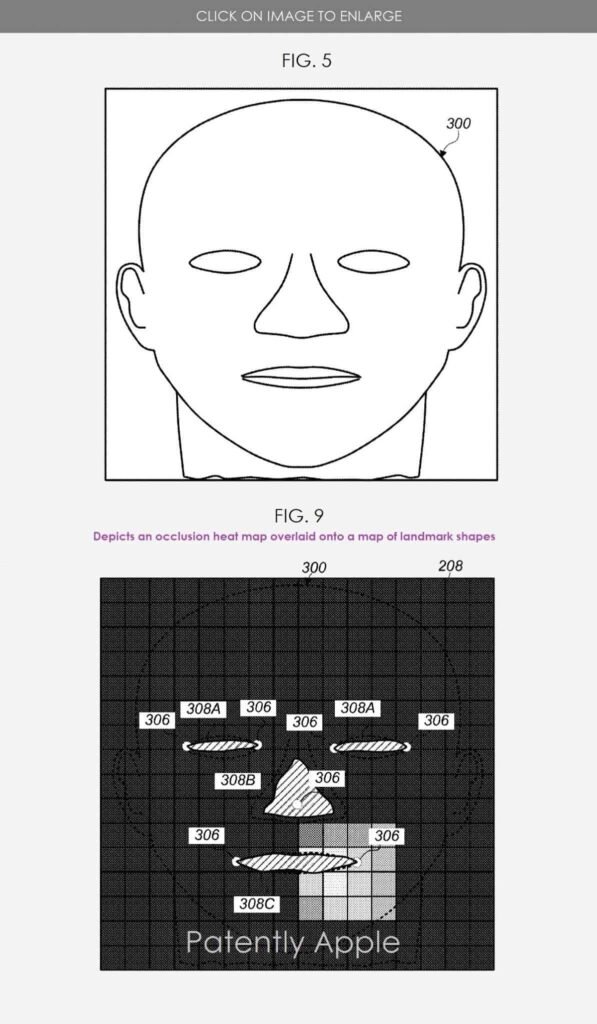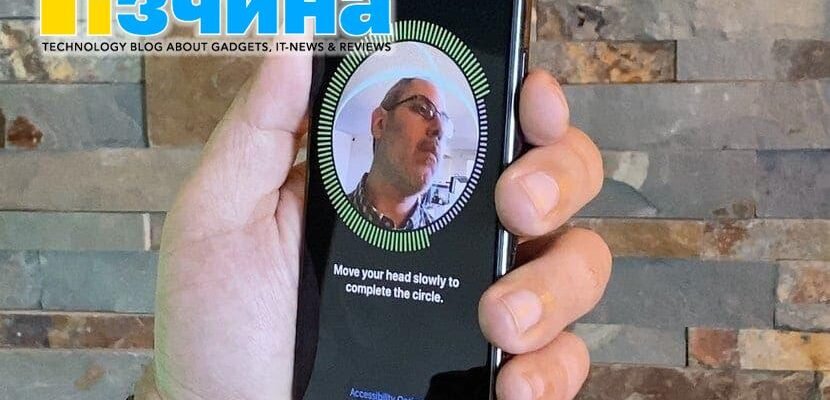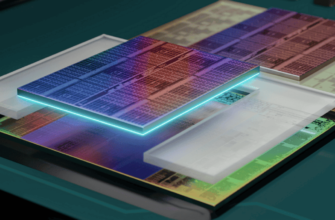Apple is currently facing controversy for allegedly infringing patents related to Face ID and camera features. The lawsuit was filed in the US District Court for the Western District of Texas alleging that Apple willfully infringed five patents related to cell phone cameras. Specifically, the patents relate to technologies that can "help users interact with smartphones," including unlocking devices, capturing images or videos, and other features.
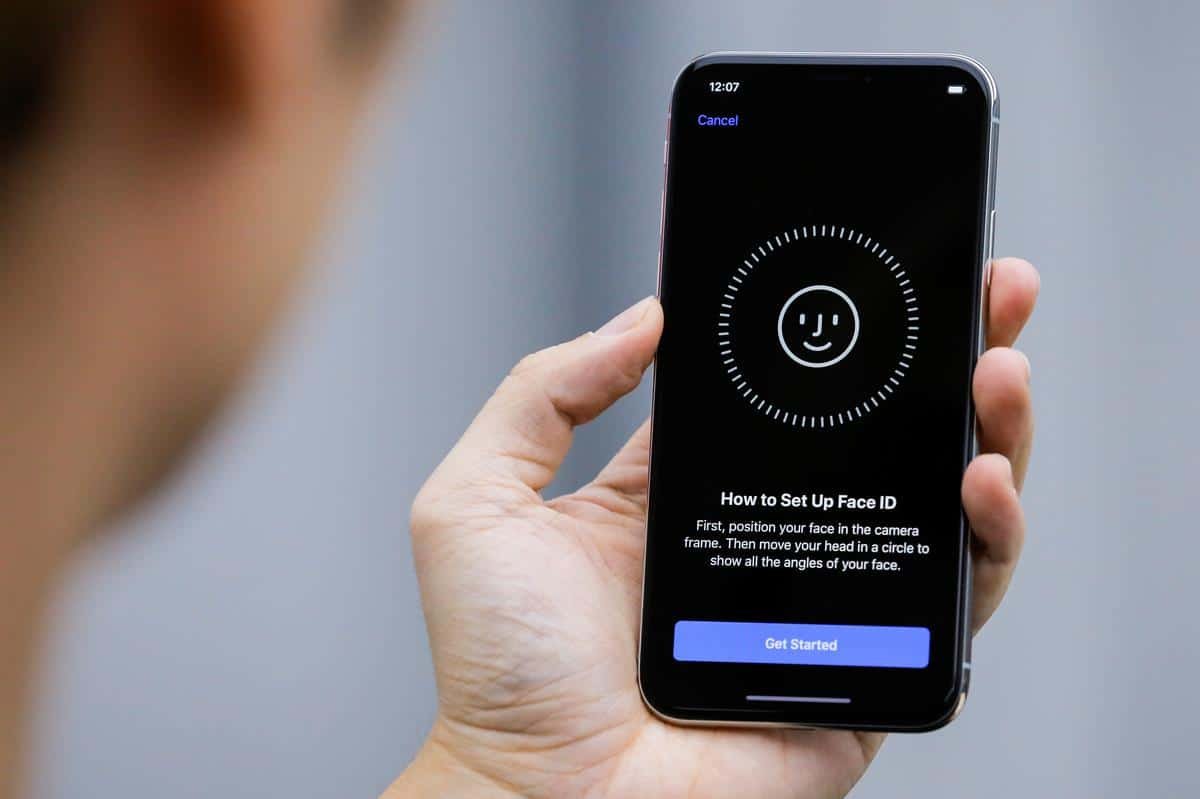
The plaintiff in the lawsuit, Gesture Technology Partners, LLC, was founded by Dr. Timothy Pryor in 2013. Pryor is the sole inventor of the five pending patents. The patents claimed are US Patent Nos. 8, 194, 924, and 7.
According to the complaint, a number of Apple features infringed intellectual property rights, including Face ID, Smart HDR, facial recognition in photos, and optical image stabilization. Interestingly, the lawsuit also indicated that Apple and Dr. Pryor had a prior partnership.
"Apple has previously purchased patents and technology from Dr. Pryor, including his multi-touch patent portfolio in 2010." The patent noted that Dr. Pryor later helped Apple apply for HTC's portfolio of multi-touch devices.
The complaint stated that Dr. Pryor contacted Apple regarding camera-based patenting. Apple responded to Dr. Pryor but took no action to avoid infringement. Because of this, the lawsuit alleges that Apple directly and knowingly infringed those patents.
These patents themselves cover a variety of proprietary technologies, including “camera-based interaction and instructions” and “camera-based probing in portable, mobile, gaming, and other devices.”
In addition, the lawsuit seeks a jury trial and verdict that Apple infringed the intellectual property rights. In addition, it also seeks compensation for all damages and costs incurred as a result of the alleged breach; compensation interest; and attorney's fees and other court costs.
Apple has patented the next-generation Face ID technology
Apple has received a new patent related to Face ID, which is a biometric user authentication system. The patent details next-generation facial recognition technology that uses heat mapping of the face. Today, most smartphones use both biometric face and fingerprint authentication. Apple has long used Face ID to recognize users by their faces, but it will be very difficult to fool the new version of the technology.
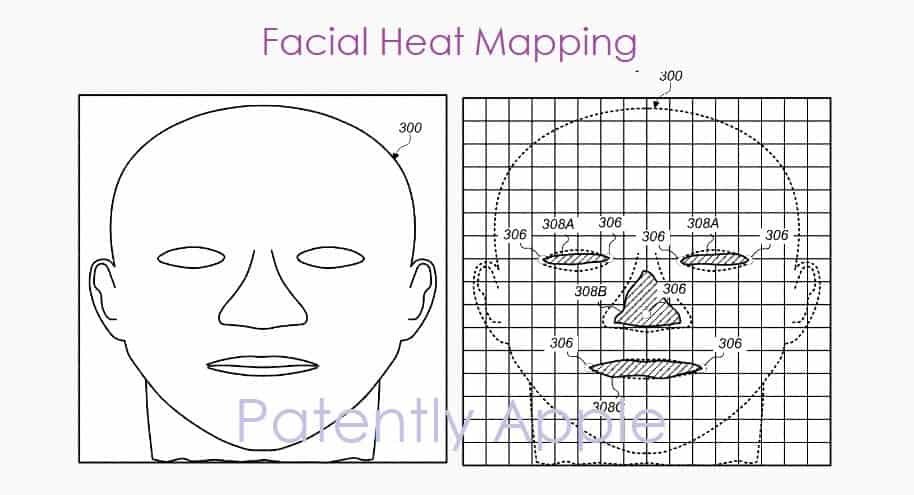
A major drawback of current technologies is that glasses, face masks, and even hair can potentially interfere with the authentication process. The description of the new patent states that the next-generation facial recognition system will use heat from the user's face.
This means that in the future, each person's unique thermal signature will unlock Apple devices. This should allow Apple to continue using Face ID, which is rather impractical amid the pandemic, when everyone has to wear masks and remove them for face recognition or enter a passcode on the screen.
